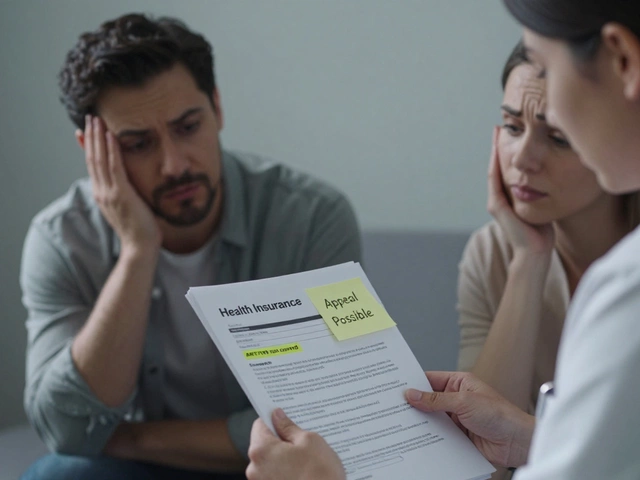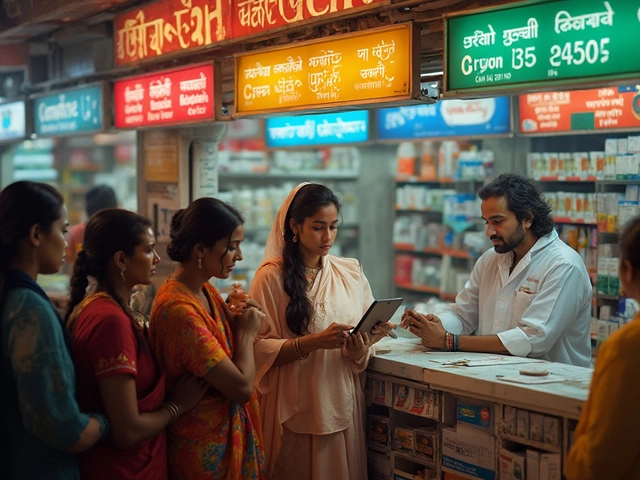Mexico Surgery Safety: Practical Tips Before You Book
People head to Mexico for cheaper procedures, but a low price doesn’t guarantee a safe experience. You can enjoy the cost savings while protecting yourself by doing a few simple checks. Below are the must‑do steps that keep your surgery risk low and your recovery smooth.
Choosing the Right Hospital
First, look for a hospital that is accredited by an internationally recognized body such as JCI or NABH. Accreditation means the facility follows strict hygiene, sterilization, and patient‑safety protocols. Next, verify that the surgeons have board certification in the specific procedure you need and at least five years of post‑training experience. A quick Google search combined with a call to the hospital can confirm their credentials.
Read real patient reviews on forums and rating sites. Focus on comments about infection rates, pain management, and how the staff handled complications. If you see multiple complaints about excessive pain after surgery—like the "most painful surgery" reports—consider another provider. Also, ask the hospital for their infection‑control statistics; a low rate is a good sign.
Preparing for a Safe Recovery
Before the operation, ask for a detailed pre‑op checklist. This should cover fasting times, medication adjustments, and any required lab tests. Knowing exactly what to do reduces the chance of last‑minute surprises that can lead to complications.
Plan your post‑op care in advance. Will you stay in Mexico for the full recovery period, or travel back home after a day or two? If you leave early, arrange a qualified local doctor to monitor you and a reliable ambulance service in case of emergencies. Having travel insurance that covers medical complications abroad is a smart safety net.
Language can be a hidden risk. Make sure the medical team speaks clear English or bring a trusted interpreter. Misunderstandings about medication dosage or wound care can turn a routine recovery into a painful setback.
Finally, keep all documents—consent forms, discharge summaries, and prescription lists—in a folder you can access anytime. If something goes wrong, these papers are essential for any legal or insurance claim.
By following these steps—checking accreditation, confirming surgeon expertise, reading patient feedback, planning post‑op care, and covering language and insurance—you dramatically increase the odds of a safe, successful surgery in Mexico. Stay informed, ask questions, and trust your gut if anything feels off. Your health is worth the extra effort.

Is Going to Mexico for Surgery Safe? What You Need to Know
Thinking about heading to Mexico for surgery? This article digs into how safe that choice really is, why so many people are doing it, and what risks you should know about. Get concrete safety tips, true stories from patients, and practical pointers for researching clinics and doctors. We’ll talk about hidden costs, language barriers, and ways to spot red flags. By the end, you’ll have tools to make a decision that actually feels safe for you and your health.




